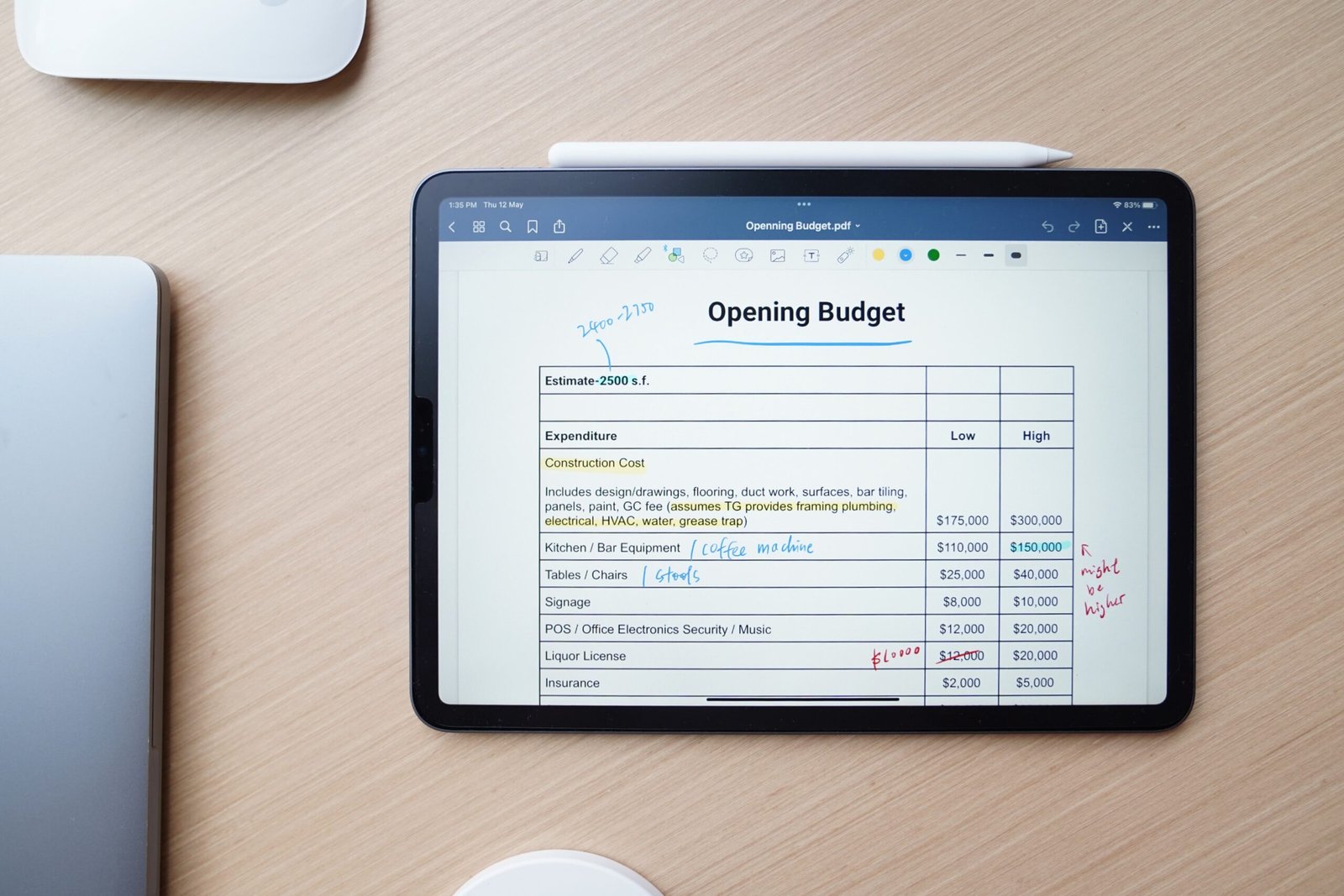Introduction
Are you tired of living paycheck to paycheck? Do you dream of a future where you have the freedom to pursue your passions without financial constraints? Achieving financial independence is a goal that many people aspire to, but it requires careful planning and disciplined execution. In this blog post, we will explore the top 10 strategies that can help you attain financial independence and reach your long-term goals.
1. Create a Budget and Stick to It
One of the first steps towards financial independence is creating a budget. Start by tracking your income and expenses to gain a clear understanding of where your money is going. Identify areas where you can cut back on unnecessary spending and allocate more towards savings and investments. By sticking to your budget, you will gain control over your finances and be better positioned to achieve your goals.
2. Build an Emergency Fund
Life is full of unexpected events, and having an emergency fund can provide a safety net during challenging times. Aim to save at least three to six months’ worth of living expenses in a separate account. This fund will help you navigate through unforeseen circumstances without derailing your progress towards financial independence.
3. Eliminate High-Interest Debt
High-interest debt, such as credit card balances and personal loans, can hinder your journey towards financial independence. Develop a plan to pay off these debts as quickly as possible, starting with the ones that carry the highest interest rates. Consider consolidating your debt or negotiating lower interest rates to accelerate the repayment process.
4. Invest Wisely
Investing is a powerful tool for building wealth and achieving financial independence. Educate yourself about different investment options, such as stocks, bonds, real estate, and mutual funds. Diversify your portfolio to minimize risk and maximize returns. Consider seeking guidance from a financial advisor to ensure your investments align with your long-term goals.
5. Increase Your Income
While reducing expenses is important, increasing your income can significantly speed up your journey towards financial independence. Explore opportunities for career advancement, negotiate a raise, or consider starting a side business or freelancing gig. By diversifying your income streams, you can accelerate your savings and investment efforts.
6. Continuously Educate Yourself
Financial literacy is key to achieving and maintaining financial independence. Stay up to date with current trends, investment strategies, and personal finance best practices. Attend workshops, read books, listen to podcasts, and follow reputable financial experts to expand your knowledge and make informed decisions.
7. Set Realistic Goals
When setting financial goals, it’s important to be realistic and specific. Break down your long-term objectives into smaller, achievable milestones. This will help you stay motivated and track your progress along the way. Celebrate each milestone reached, as it brings you one step closer to financial independence.
8. Protect Your Assets
As you work towards financial independence, it’s crucial to protect your assets and mitigate potential risks. Review your insurance coverage, including health, life, and property insurance, to ensure you are adequately protected. Consider consulting with an insurance professional to assess your needs and make necessary adjustments.
9. Continuously Review and Adjust
Financial independence is not a one-time achievement but an ongoing journey. Regularly review your financial plan, track your progress, and make adjustments as needed. Life circumstances and economic conditions may change, requiring you to adapt your strategies. Stay flexible and open to new opportunities.
10. Seek Professional Guidance
While it’s possible to achieve financial independence on your own, seeking professional guidance can provide valuable insights and expertise. Consider working with a certified financial planner who can help you develop a personalized plan, provide investment advice, and keep you accountable to your goals.
FAQs
Q: How long does it take to achieve financial independence?
A: The time it takes to achieve financial independence varies for each individual and depends on factors such as income, expenses, and investment returns. It requires consistent effort and discipline over an extended period.
Q: Should I prioritize paying off debt or saving for retirement?
A: It’s generally recommended to strike a balance between paying off high-interest debt and saving for retirement. Consider contributing to your retirement accounts while simultaneously reducing debt to optimize your long-term financial health.
Q: Is it too late to start working towards financial independence?
A: It’s never too late to take control of your finances and work towards financial independence. Start by assessing your current situation, setting clear goals, and implementing the strategies outlined in this blog post. Every step you take brings you closer to your desired financial future.
Tips
– Automate your savings to make consistent progress towards your goals.
– Take advantage of employer-sponsored retirement plans and match contributions.
– Avoid impulsive spending by implementing a “24-hour rule” before making significant purchases.
– Regularly review and optimize your investment portfolio to ensure it aligns with your risk tolerance and goals.
Conclusion
Achieving financial independence requires a combination of discipline, knowledge, and strategic planning. By following the top 10 strategies outlined in this blog post, you can take control of your finances, overcome financial challenges, and pave the way towards a future of freedom and abundance. Start today, stay committed, and watch your financial goals become a reality.
Call to Action
Ready to take the first step towards financial independence? Share this blog post with your friends and family, and start the journey together. Remember, the path to financial independence is not a solo endeavor, but one that becomes more rewarding when shared.









